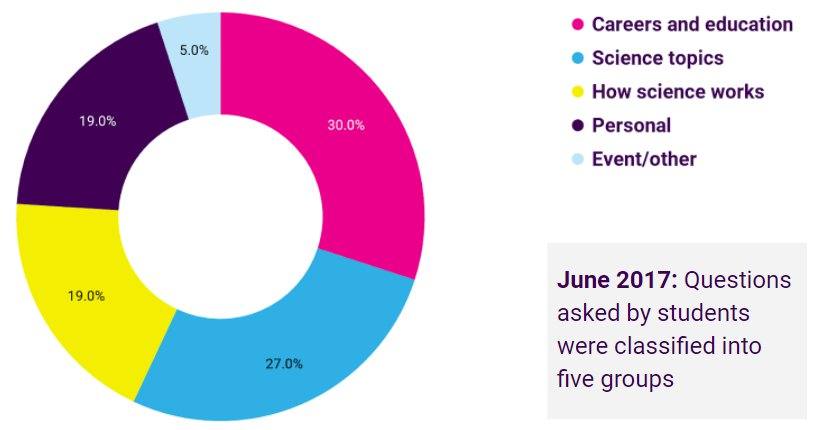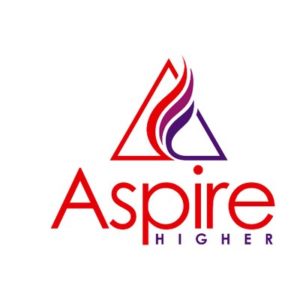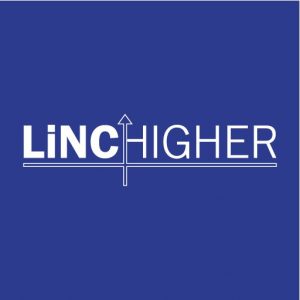I’m a Scientist, Get me out of here provides school students with the opportunity to meet and engage with science professionals, regardless of location or background; the online format of the project means that accessibility is not an issue. Our aims align with the ideas behind science capital: how much a young person views science as “for them”.
Read more about how we contribute to developing young people’s science capital and why we believe it’s so important in the I’m a Scientist philosophy
We also believe that our projects make a positive contribution to the aims of Uni Connect. We’ve outlined some of the reasons why we think this below.
To find out more about how you can offer I’m a Scientist as part of your Uni Connect programme, or to talk more about the links we’ve highlighted, get in touch with Shane: Email shane@mangorol.la, or call 01225 326892.
Uni Connect Aim: Double the proportion of young people from disadvantaged backgrounds in higher education (HE) by 2020
Through I’m a Scientist, more students consider studying science in their post-16 education and ultimately consider futures that utilise higher education qualifications. The majority of students aiming for a career in STEM will require a degree. [1]
“Who you know” is one of the four elements of science capital, which influences how likely a young person is to think that science is “for them” and study science [2]. Students have real interactions with a range of STEM professionals, engage in conversations about their education, career and personal lives and understand that scientists are people, just like them. In November 2017, we found that on average 85% of participating students actively engaged, meaning that they asked a question, participated in the live chat and/or voted for their favourite scientist to win the competition (including all activity since 2010).
Students interact with STEM professionals who hold a range of undergraduate, postgraduate and professional qualifications. In I’m an Engineer, one engineer in each zone has experience of an Apprenticeship route. Through interactions with these STEM professionals, students gain awareness of what paths can take them where. Our research shows that students are taking advantage of these interactions and over a high proportion of questions are linked to Careers and Education from Uni Connect trial schools.
Uni Connect Aim: Increase by 20 per cent the number of students in HE from ethnic minority groups
Across all events, we ensure at least 10% of experts are from ethnic minority groups. This means that ALL students participating are able to benefit from interacting with relatable experts. This is particularly important for students from ethnic minority groups as research has shown that even when young people from these groups benefit from supportive key influencers, they can struggle with a lack of specialised knowledge and resource [3]. Students gain access to such specialised knowledge through I’m a Scientist.
Uni Connect Aim: Address the under-representation of young men from disadvantaged backgrounds in HE
STEM professionals are selected to ensure a mixture of male and female experts in every zone. Because of this, students are able to see that a future in science, often achieved through higher education, is open to all regardless of gender. Furthermore, the text based, online format ensures all students have a voice, including those who might not engage in a face-to-face interaction. This setup allows students to ask questions that they would find difficult otherwise. In the past these questions have centred science and gender.
Currently, STEM subjects are more popular with male students than female students. Of the young, full-time, male enrolments in 2015/16, 53% were studying STEM subjects, compared to 41% of female enrolments [4]. I’m a Scientist can help to engage young males in an area they are likely to already be enjoying and raise their awareness of STEM opportunities in higher education.
Get in touch
I’m a Scientist can be delivered as part of a programme of activities, to any number of schools and classes.
Access for one class to a two week activity costs £200+VAT. This cost is match funded by a range of funders, including Wellcome, STFC and the British Psychological Society.
To find out more about working with us to deliver I’m a Scientist get in touch with Shane: email shane@mangorol.la, call 01225 326 892, or take a look at our Higher Education page.
(1) 80% of jobs listed in the “science and research” categories of the national careers service website would normally require a degree.
(2) kcl.ac.uk/sspp/departments/education/research/ASPIRES/Index.aspx
(3) thersa.org/discover/publications-and-articles/rsa-blogs/2011/04/lack-of-aspiration-or-smashing-of-dreams
(4) hesa.ac.uk: “HE student enrolments by level of study, subject area, mode of study and sex 2011/12 to 2015/16 (Table 4)











